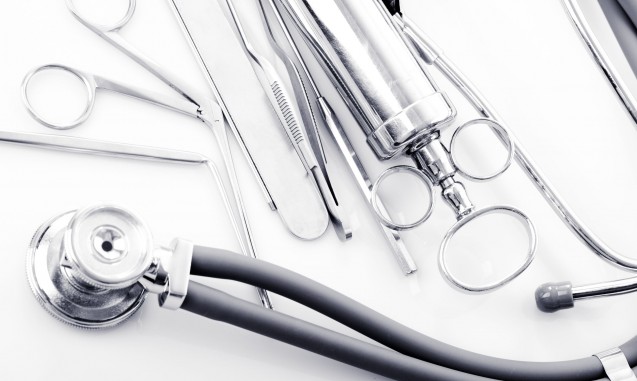Prevention is more efficient (and cheaper) than cure. This idea, which should govern the future of public health, came up repeatedly in discussions that took place during the MIHealth Management & Clinical Innovation Forum. On 21 and 22 May, the third edition of this International event on innovation in health was held at the Palau de Congressos de Barcelona. Around seventy experts reflected on the future of the sector before an audience of over 700 people who had registered to attend.
Health professionals know very well that the demographic change will have a structural impact on the health system in its current form. To reduce the impact and seek strategies that ensure its sustainability, the MIHealth Forum brings health professionals together every year in a meeting where they can share experiences, projects and visions of the future.
Main subjects of discussion
The presentations were organized into three categories: clinical knowledge and management of innovation, technologies to transform the health system, and innovation in the management of health organizations. Presentations on the three subject areas were given simultaneously, so that conference guests could choose between them depending on their interests. The programme was designed with the advice of a scientific committee led by Dr. Josep Maria Piqué, the general director of Hospital Clínic de Barcelona and president of MIHealth Forum.
The most eagerly awaited talks were those by Pedro Guillén, an orthopaedic surgeon who was the first to use Google Glasses to carry out an operation; Stephen J. Swensen, director of the Office of Leadership and Organization Development of the Mayo Clinic in the USA; and Ron S. Dembo, founder of the Zerofootprint software company.
Dembo considers that health models must be transformed to preserve the system, but we must also change the behaviour of the system’s users. That is why he created goodcoins: virtual coins that can be earned by members of the programme for their healthy habits (for example, walking for at least half an hour a day, eating a balanced diet or taking medication correctly). The healthy habits are monitored using smart watches or bracelets and the rewards are sustainable, healthy products that can be obtained in exchange for the accumulated goodcoins.
Innovation awards
To recognize the transforming power of initiatives such as this one, the MIHealth Forum holds Innovation Awards every year. This year, over one hundred projects were submitted from different countries. Two finalists were selected per category and the scientific committee assessed the originality, quality and impact of each one to select the winners.
Transmural Biotech was given the award in the category of “Knowledge” for a new test called QuantusFLM. This is a system that measures fetal lung maturity rapidly and a lot less invasively that the alternative method, which was amniocentesis up to now. The “Technology” award was given to CellSimatic, a joint project of the Universitat Politècnica de Catalunya (UPC) and Hospital Clínic. This is a diagnostic imaging method that can be used to automatically classify types of cells including pathological ones in a blood sample. Hospital Clínic also received an award in the category “Organization” for the Hospital Clinic Care Model, a care system devised by the hospital’s nurses themselves, in which the patients are at the centre of the decision-making process.

